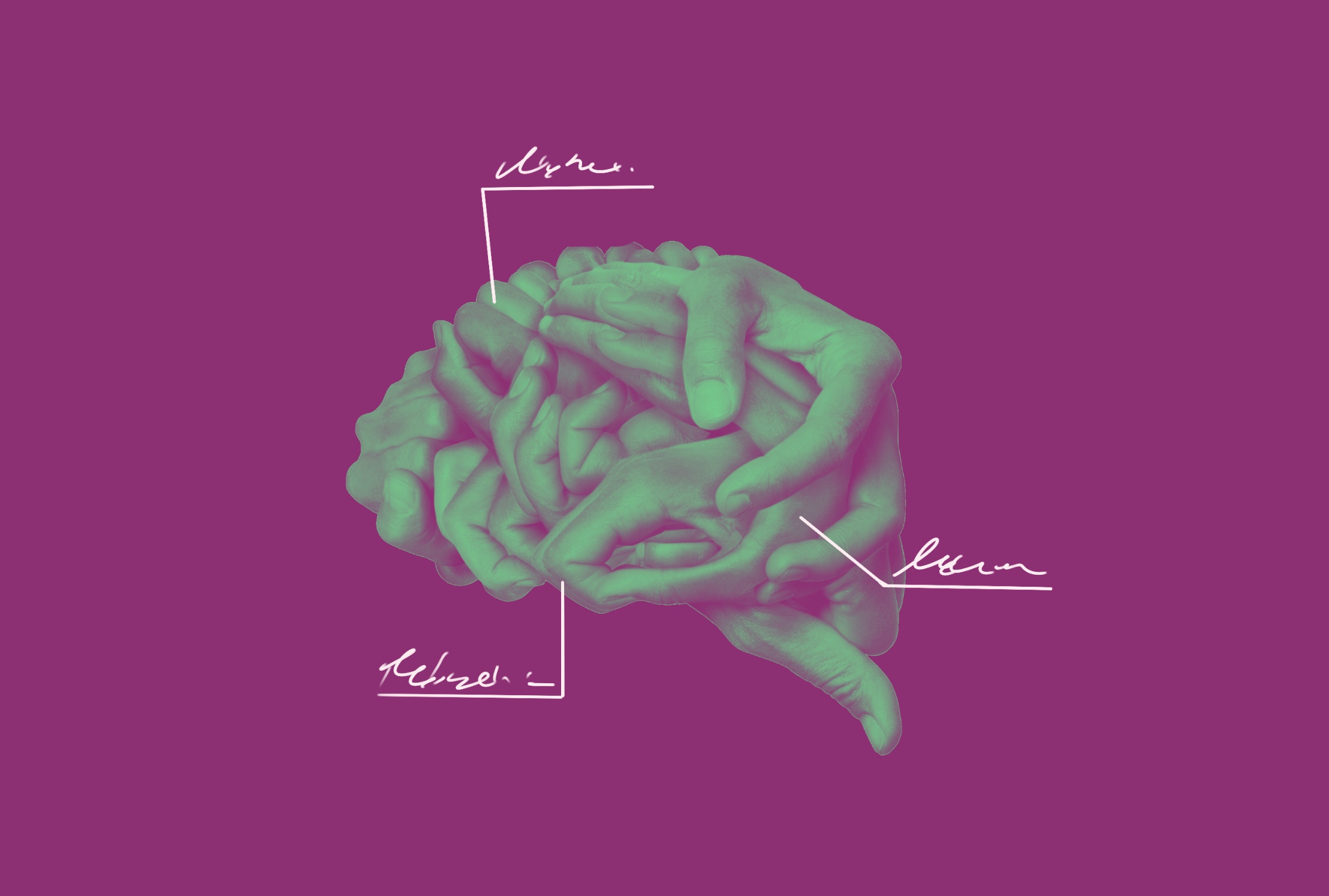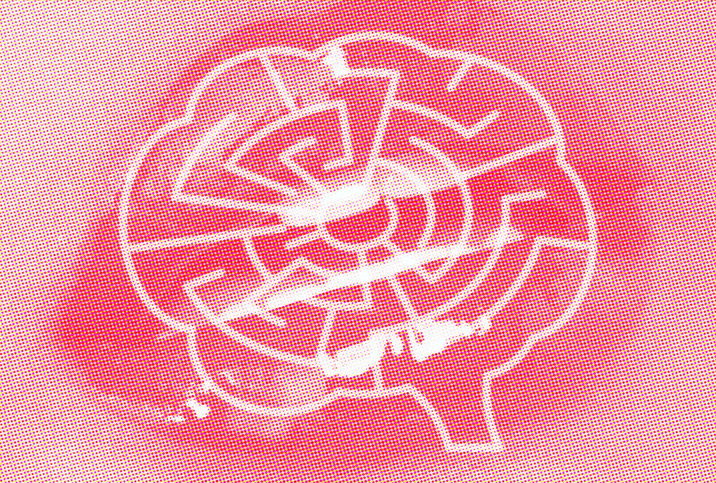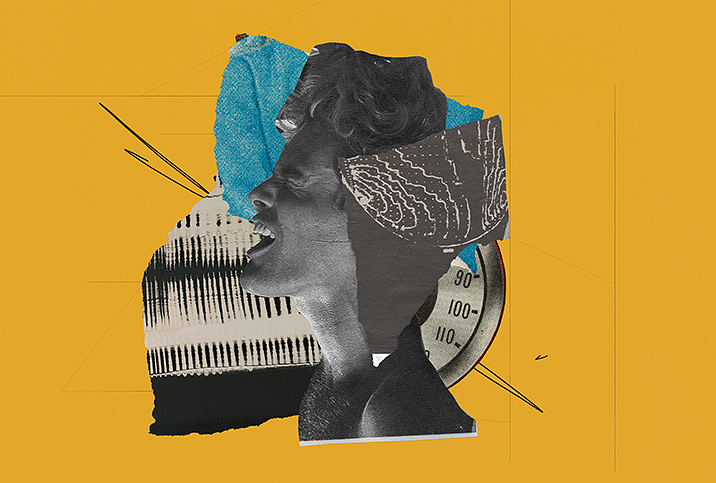Your Brain on Sex

We all react to sex differently, but for most of us, it illicits a wide range of emotions, including euphoria, sadness, or even laughter—we can't always explain why. During sex, you may find that your brain switches off; you feel yourself becoming more intuitive and physical. However, the brain plays a bigger role in each stage of our sexual encounters than we may think.
The brain takes us through a series of stages during sex
A famous 1966 study showed that our bodies go through a specific pattern during sexual encounters. This is known as the "sexual response cycle," and consists of excitement, plateau, orgasm and resolution.
Most of us are familiar with this general trajectory from a physical point of view—but what goes on in the brain to take us through these stages, from the feelings of arousal to the post-coital bliss?
Well, it's fairly complicated, as more than 30 areas of the brain activate throughout the experience. In basic terms, it goes a little something like this:
Excitement
Arousal begins in the emotional center of the brain. As Jamin Brahmbhatt, M.D., urologist at Orlando Health and president of the Florida Urological Society explained, "your emotional center, the limbic system, is the first to be triggered. This area of your brain is responsible for memory, fear, aggression and other emotions."
The reward system is the next to kick in via the release of dopamine, or the pleasure chemical. "It's the same thing that goes up when we eat our favorite food, gamble, get a compliment or listen to our favorite song," Brahmbhatt said. "This is why sex is something you may seek often or even become addicted to."
Once these areas of the brain are activated, our brains signal parts of our body to prepare for the physical act of sex. The brain releases testosterone, telling the body to increase blood flow to the genitalia, increase the heart rate and increase the rate of breathing.
Plateau
After the initial excitement stage, you may feel a sort of "plateau" in terms of your physical excitement level. During this phase of sex, the brain continues to produce dopamine, testosterone and epinephrine to maintain and slowly increase the levels of physical excitement.
Orgasm
Brain activity peaks in the seconds before and during orgasm in the areas of the brain linked to sensory input and to memory and emotion. Plus, a huge surge of oxytocin, the "love hormone," is released.
One 2009 study showed, for both men and women, the same areas of the brain are activated during this phase. The study found orgasm occurred in correlation with "activations in the anterior lobe of the cerebellar vermis and deep cerebellar nuclei, and deactivations in the left ventromedial and orbitofrontal cortex in both men and women."
Come-down
In the final, post-orgasm phase, the brain, along with the body, begins to calm down: the hormones stop pumping and the brain returns to its normal state.
Brain activity during sex differs for men and women
One 2018 study found that women's brain activity tends to correlate predictably more with their physical signs of arousal, which may indicate that the brain is more involved in pleasure for women than for men.
Another 2011 study indicated the prefrontal cortex frequently became activated during orgasm in women. This is an area associated with consciousness and active thought. Apparently, women who imagined physical sensations had the same brain activation as women who actually experienced those sensations—however, the prefrontal cortex was even more active for people who only imagined these sensations. In other words, this study suggested women might be able to actively control their thoughts and use fantasy during sex to increase pleasure.
A 2007 study of men, however, suggested the prefrontal cortex tended to deactivate during ejaculation. This could mean that men tend to "let go" of conscious thought more often than women during sex, although the research so far is inconclusive.
The activity in the brain during sex can leave you feeling different
As you can probably tell, there is a tremendous amount of brain activity occurging during sex. It's no wonder the experience can be overwhelming and can leave us feeling, well, a little different.
Another study showed indicated post-sex and post-meditation brains can look very similar. In other words, orgasms can leave you feeling relaxed, calm and even one with the universe.
Many people feel depressed or anxious following sex, a phenomenon known as postcoital dysphoria (PCD). While we don't know exactly what causes it, according to one psychologist and sex therapist, it may be caused by the hormonal comedown after the orgasm "high."
Sex can be like a workout for the brain, and, over time, this may have long-term benefits for your brain health. For instance, a 2017 study found that frequent sex can enhance cognitive functions, such as memory, as we age. So, this complex organ—also known as the brain—is a huge part of a healthy, active sex life.


















